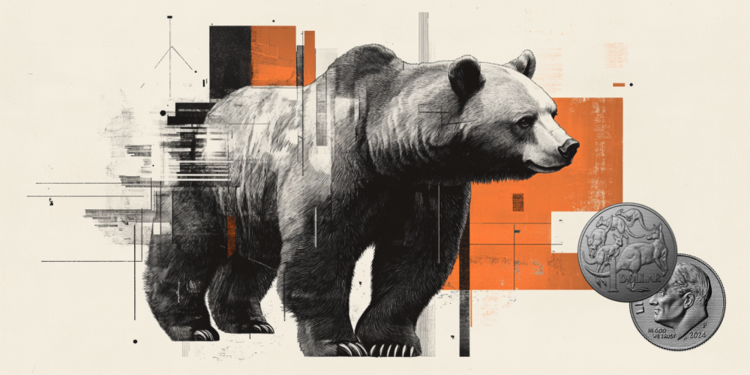Hide, minimize or tell the truth? Faced with the images of the Russian attack in Ukraine, the children remain confused and upset. Compared to adults, then, they have far fewer tools to interpret reality and to rationalize it.
So, how to explain to the little ones what is happening? If even the instinct is to protect them from such a harsh truth, psychologists advise to talk about conflict when children ask questionsrather than pretending that nothing is happening. The important thing is to do it in an environment where they can feel protected and safe.
“You decide, based on your child’s personality, his interest in current events and his personal experiences, whether to start a conversation about Ukraine,” suggests Darcy Walker Krause, fromUplift Center for Grieving Children of Philadelphia. “Keep in mind that children may be aware of the conflict even if they seem too young to pay attention to the news.” At the same time, the advice is not to push your children to talk about it by force. “If they’re not interested or don’t seem worried, I’d let it go. If they want to go back to it, they’ll know that door has been opened. ‘
The most important thing is to remember that our children seek in us a sense of protection and security. You have to resist the urge, all parenting, to want to solve problems. Instead, focus on listening and let the child lead the conversation. To answer her questions, you have to stick to the basic factstelling them in neutral language.
It is necessary avoid, instead, expressions that create the idea of ”enemy” and “bad people”: it is preferable to focus on wrong actions and choices. The children’s questions can guide the conversation: a small child, for example, may not be aware that the images he is seeing are of places far away from home, a detail that adults take for granted.
The children they can express fear, confusion, or even anger, exploding into a sudden bad mood or aggressive attitudes: it can be a sign that they are trying to process what is happening. Toddlers may feel more “clingy” or become more agitated than usual when they separate from their parent.
Research has found that children’s ability to cope with trauma improves dramatically if they are able to establish one strong attachment to an adultwith whom they feel safe when they share their feelings.
Experts also agree on the desirability of limit – not eliminate – exposure to pictures and videos, which can be particularly difficult for children to process.
Other stories of Vanity Fair that might interest you:
– Ukraine: night in the shelters in Kiev, Russian vehicles close to the city
– Ukraine, “We will spend the night in this bunker, in the cold”
– Attack on Ukraine, protests also in Russian cities
– Ukraine, the cry of civilians: “We are terrified”
– Ukraine, the attack started during the night
– Ukraine: “Awakened by the bombing, I threw up with fear”
– Ukraine, Natalia Onipko: «The world help us. We can’t do it alone “
– Putin’s signature: for Russia Donetsk and Lungansk are independent from Ukraine
– Ukraine, the drama of the fleeing population
– Ukraine crisis, Macron way: Putin-Biden meeting possible
– Vittorio Emanuele Parsi: “Ukraine between Russia and the West”
Source: Vanity Fair
Donald-43Westbrook, a distinguished contributor at worldstockmarket, is celebrated for his exceptional prowess in article writing. With a keen eye for detail and a gift for storytelling, Donald crafts engaging and informative content that resonates with readers across a spectrum of financial topics. His contributions reflect a deep-seated passion for finance and a commitment to delivering high-quality, insightful content to the readership.







